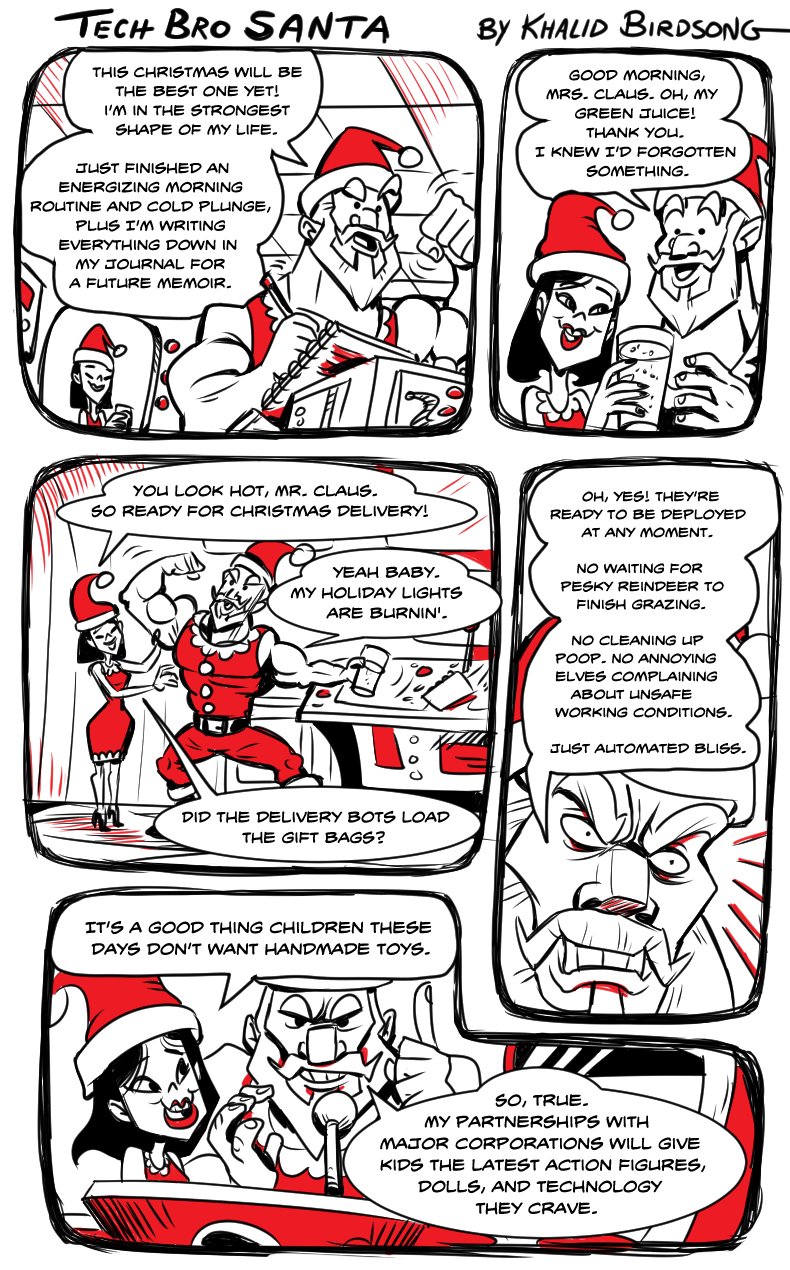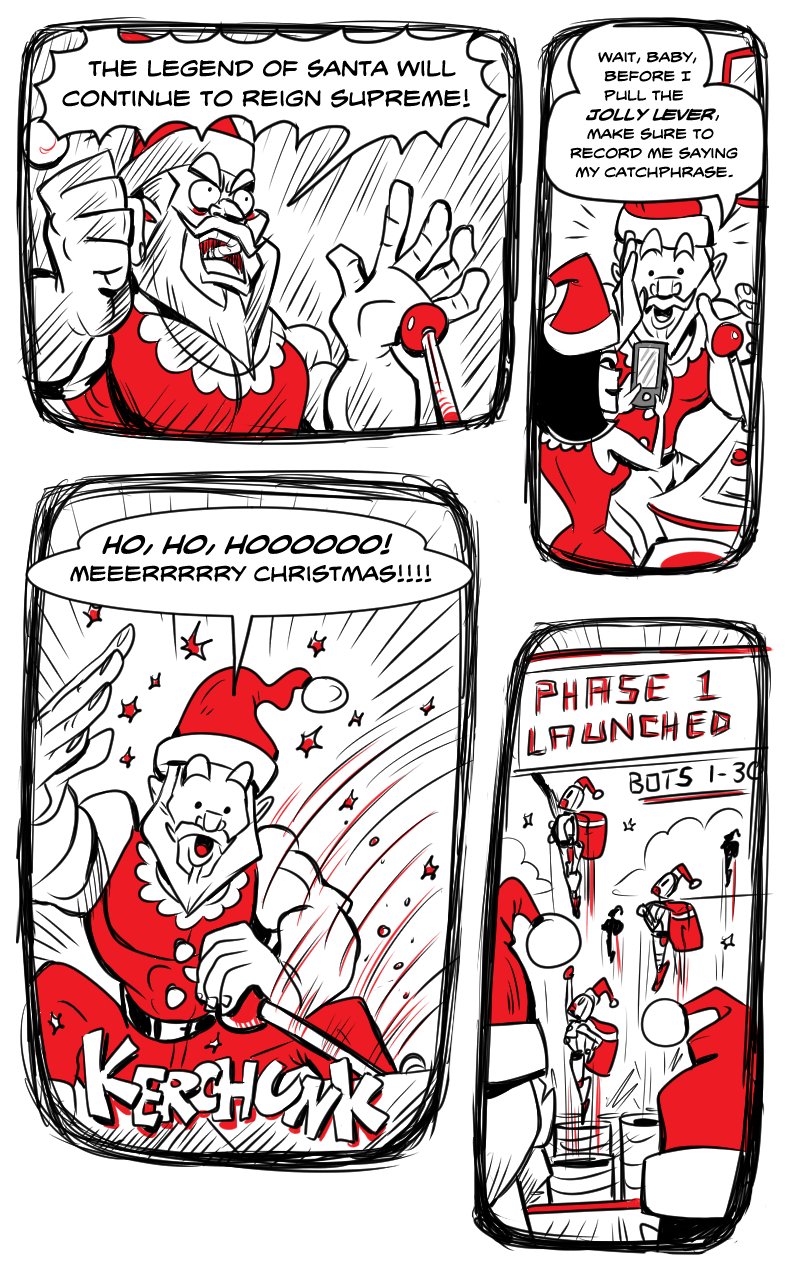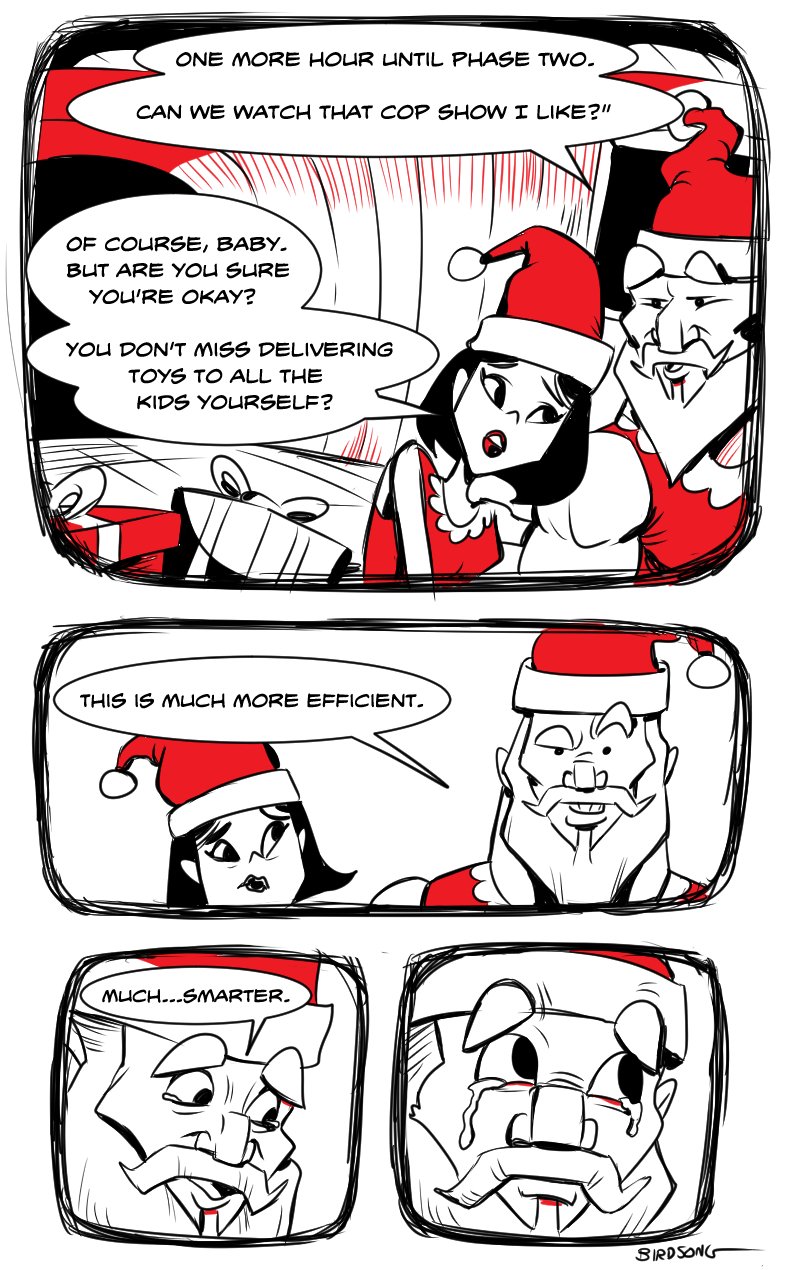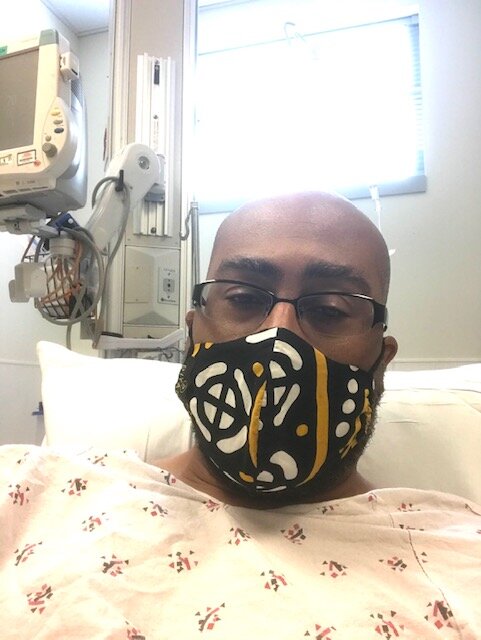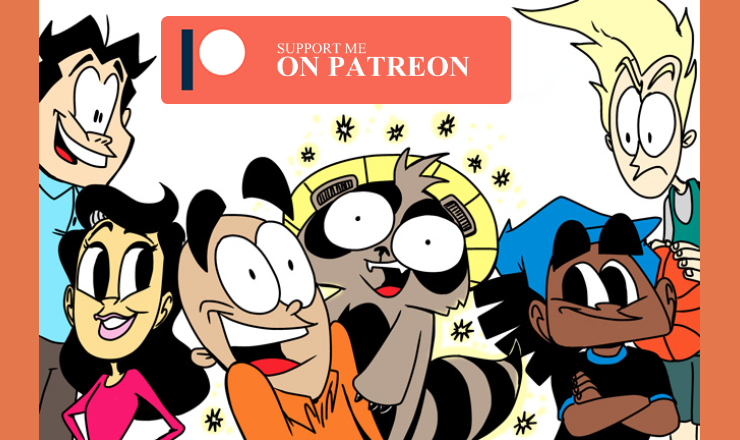We should all get vaccinated. It’s the right thing to do for you and for your country.
Even if this story sounds like I don’t trust them, I believe in vaccines. Unfortunately, my experience didn’t go the way I thought it would.
The first dose was no problem. Everyone told me it wouldn’t be all that bad, so I wasn’t worried. I was thrilled to get the second dose of the Moderna vaccine — even more excited when a few days after it, I didn’t have serious side effects. Feeling exhausted and a bit lightheaded didn’t bother me all that much. I didn’t have any flu-like symptoms — until day ten.
They tell you to wait until fourteen days after the second shot to know you’re protected. I was ready to enjoy that relief, but all I got was a fever of 105 degrees and chills that shook my body for hours.
I’m a teacher, and this all started in the middle of my spring break when I should be relaxing and enjoying life without planning lessons and managing a full schedule. Instead, I was buried under a pile of blankets to stop myself from shivering like crazy.
My wife and I didn’t think about this having anything to do with the vaccine because so many days passed. When I started feeling nauseous and throwing up, then dry heaving, we figured it was something else.
What we all fear right now came into our heads, “Do I have Covid? But I’m fully vaccinated!” and we called the advice nurse to try and get a clue what was going on. They weren’t sure what I had, but I knew something was off. Each day, I called the nurse hotline for three days as my fever remained, and I felt like crap.
On the fourth day, finally, I talked with a doctor. They heard all of my symptoms and simply said, “Get to the emergency room right now.” So, the family jumped in the car, and we drove to the hospital.
Little did I know, this would not be my only time in the E.R.
Emergency room visit #1- Test after test to find the answer
Fortunately, it wasn’t extremely busy at the hospital when we arrived. Still, it was upsetting that, due to covid, they could only allow one family member in with me. Which meant, since both my wife and daughter (who’s too young to be left alone) came, I would need to go in alone.
My heart sank as they rammed a long Q-tip up my nose for the covid test, making my eyes water insanely, and took my blood pressure. My family waited outside, and we waved goodbye to each other through the window as the nurse brought me into the E.R. room.
Talk about a day of discomfort. I was hooked to an I.V. and given fluids into my right arm while a blood pressure monitor was placed around my left arm to check me every thirty minutes. No one knew exactly what was wrong, so they decided to do a bunch of tests.
From blood tests to urine. A rather uncomfortable finger-poke in the bum to check my prostate, a chest X-ray, to a C.T. scan of my mid-section — I felt like an alien species they needed to study for the benefit of science.
After seven hours of poking and prodding, the doctors finally found the cause of my sickness. They didn’t think it was covid and thought I might have problems with my lungs. It turned out I had a prostate infection called Prostatitis. This prostate inflammation was causing all the high fevers and feeling sick to my stomach.
I asked if this had anything to do with receiving the second dose of the vaccine. Not surprisingly, the doctor denied any vaccine connection to my condition.
Considering that the sickness started ten days after, they said it’s most likely some other reason. I didn’t change anything about my life, though, and I’m usually a pretty healthy guy. The only new addition was the Moderna vaccine poke. Could it have changed something about my body chemistry and brought on this prostate inflammation?
I’m not a doctor, so I didn’t argue. “What do I know?” I thought. The vaccine is basically a medical miracle. So, I’m pretty sure no doctor wants to connect any severe side effects if they can avoid it. So, I nodded and smiled under my mask so they could finish up and release me to go home.
You know how easy it is to get sucked into researching when health issues pop up. I learned that the Moderna vaccine causes inflammation in the skin. Is it far-fetched to think inflammation could occur inside the body? Like in the prostate? I bet it’s possible.
Emergency room visit #2- One problem leads to another
I’m not someone who gets sick all that often. Having to go to the hospital every week while on antibiotics to get blood work done was, I must say, less than enjoyable. What did the doctors think would happen while dealing with a prostate infection?
I’ll tell you — my urine turned brown, and I was freaking out. That can’t be good. Right? This is over a week after my first E.R. visit. I got an email from the doctor saying she looked at my latest blood test, and my liver enzymes and creatine kinase (C.K.) levels were super high. Normal C.K. levels should be at about 55 when mine were at…150,000!
My doctor politely encouraged me to “Get to the emergency room as soon as possible.” There I went again. Going through the process and giving blood and urine tests as doctors ask me what’s going on. Asking did I exercise heavily that week or are prone to seizures.
This made no sense to me, but one doctor put it all together.
I told them about the intense shaking I had, for hours, with the chills at the beginning of the infection. Apparently, that was similar to having a seizure, and it taxed my muscles to the max.
The doctor said I had Rhabdomyolysis or, Rhabdo as all the nurses and doctors were calling it. Everyone who talked to me said I didn’t look all that bad, but this condition is severe. Rhabdo occurs when damaged muscle tissue releases its proteins and electrolytes into the blood. These substances could damage the heart and kidneys and cause permanent disability or even death.
Death? Good gracious!
You have to drink loads of water and Gatorade throughout the day to hydrate and flush out the toxins. I put down plenty of liquids, and most days, it never seemed like enough. I was constantly thirsty. Not to mention, my body felt like I had arthritis, a low level of pain and discomfort as I moved, and generally feeling exhausted.
You can’t exercise while healing from Rhabdo either. Only going for walks. Definitely no weight training or running.
It would take a few weeks for my body to work through the Rhabdo and get back to functioning at 100%. I decided not to take time off from teaching because it’s too close to the end of the school year. My plan was to take time for rest each day and pace myself. Then, when school is out for the summer, rest and relax like a boss.
Looking back now, maybe I should have taken a week or two off because I landed back in the E.R. yet again.
Emergency room visit #3- Fainting right into an ambulance
The two weeks of antibiotics were done, and I felt grateful that I’m most likely healed from the prostate infection. I would only need to get through Rhabdo and not need to go to the hospital again. I was so tired of seeing the E.R.
I got up at 2am one night to pee, feeling a bit dizzy, and afterward, while washing my hands, I felt lightheaded, and my face looked pale. Not good. As I walked back to my bed, I sat on the edge before lying down because it was difficult to breathe.
I blacked out and fell flat on the floor. My wife woke up and was in shock, running over to help. My daughter bolted out of her room and followed suit. This must have been a nightmare for them, not knowing what’s going on with me. They tried helping me stand up, even though I have no memory of this, and I passed out again. When I got up and blacked out a third time, my wife called the paramedics.
Fortunately, they arrived within five minutes and put me into the ambulance. Once again, due to covid, only one person could come with me to the hospital, so that meant both my wife and daughter had to watch me leave but were not allowed to ride along. I’m so thankful for them helping me and calling 911 so quickly. Having my daughter get traumatized by watching her father faint and get carried away on a stretcher was not a memory I wanted for her childhood.
The paramedics took good care of me and noticed that my blood pressure dropped very low. Probably due to the side effects of Rhabdo and my blood pressure medication was plunging it down even further.
Back to the arm wrapped in a blood pressure monitor and the other on the I.V. fluids in an uncomfortable bed in the E.R., It was starting to feel like my second home. I even recognized a few nurses. They told me to stop taking one of my B.P. meds, the hydrochlorothiazide, that makes me pee more to get rid of salt. I needed to keep as much fluid inside of me as possible while healing from Rhabdo.
I was only in the E.R. for a few hours this time, and my family could pick me up at 6am. Don’t worry, I took a day off from work and rested. It was a Friday morning, so I had the weekend to take it easy.
Final Thoughts- Was the vaccine worth all the discomfort?
I’m still healing, feeling weak and tired, combined with that odd all-over-body discomfort that can make me feel like crying at times. At forty-six years old, This is the first time I’ve been through something this lousy health-wise. Over a month of discomfort. All after getting the second dose of the Moderna vaccine.
If I knew then what I know now, would I get the vaccine again?
Yes. In a heartbeat.
What I’ve been through was tough. When I think about what people who’ve battled through Covid-19 have endured, this doesn’t seem so bad. Plus, knowing that I’m helping to slow the spread of the virus helps me feel like a member of a worldwide family.
I know what you’re thinking. The doctor said none of this was from the vaccine. Okay. That’s probably true. Maybe it was all bad timing, but my wife and I have been together for almost twenty years, and she’s never seen me this sick.
When you get your vaccine, I genuinely hope you won’t have to go through what I experienced. Thank you for taking the risk to help yourself, your family, and your community if and when you get it. I was unlucky, but most of my friends and family were okay.
As I heal from a series of health problems, the U.S. is opening up, and things are looking better for schools and businesses. I’m thankful to have been a part of helping by getting my two jabs.



